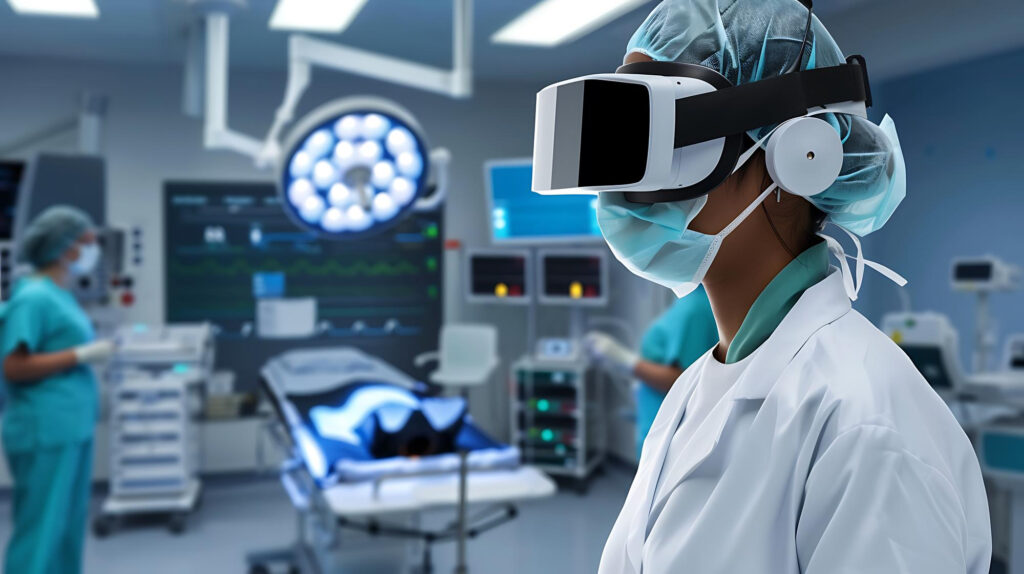Medical Technology: Pioneering the Healthcare of the Future
Medical technology is evolving at a breathtaking pace, redefining the way healthcare is delivered around the world. From sophisticated equipment to digital innovations, medical technology plays a crucial role in improving diagnosis, treatment and care management, offering safer and more efficient healthcare prospects for patients and healthcare professionals alike.
Revolutionary advances in medical imaging
Medical imaging is one of the fields in which medical technology has seen spectacular advances. Tools such as MRI (Magnetic Resonance Imaging) and CT scanners offer images of unprecedented clarity, enabling doctors to visualize internal structures with incredible precision. These technologies continue to improve, increasingly integrating artificial intelligence to detect anomalies, such as tumors, at an early stage, thus improving the chances of cure.
Telemedicine: a technological revolution
Telemedicine is another facet of medical technology that is transforming healthcare. Thanks to digital platforms, patients can consult doctors remotely, receive prescriptions, and access quality care without leaving their homes. This technology has proved particularly valuable in times of health crisis, when access to care was limited. Telemedicine continues to develop, offering more personalized services and extending access to care in remote areas.
Connected medical devices
Connected medical devices, such as smartwatches and home monitoring devices, are becoming indispensable tools for health management. These technologies enable patients to monitor their health status, such as blood pressure, heart rate and glucose levels, in real time, while sharing this data with their doctors. These devices not only improve medical monitoring, but also enable rapid intervention in the event of a problem.
Robotics in surgery: cutting-edge technology
Robotics is one of the most exciting areas of medical technology. Surgical robots, such as the Da Vinci, offer unrivalled precision during operations, enabling smaller incisions, faster recovery and reduced risk of complications. These technologies continue to improve, making surgery safer and more accessible to a wider range of patients.
The challenges of medical technology
Despite the immense benefits of medical technology, a number of challenges remain. Managing costs, training healthcare professionals in these new technologies, and protecting patient data are major issues. It is crucial to ensure that these technologies remain accessible to all, and that their use meets the highest ethical standards.
Conclusion
Medical technology is at the forefront of the transformation of healthcare, making treatments more precise, diagnoses faster, and care more accessible. As these technologies continue to evolve, they promise to shape a future where healthcare is not only better managed, but where every patient can benefit from superior care. For healthcare professionals, it’s a new era, rich in possibilities, where medical technology becomes an indispensable ally in the quest for excellence in care.
Visit our Blog page to see our recent publications.
Subscribe to our Linked-In and Twitter pages for more news.

